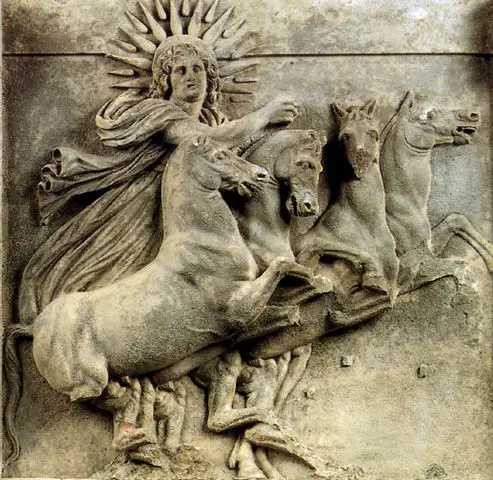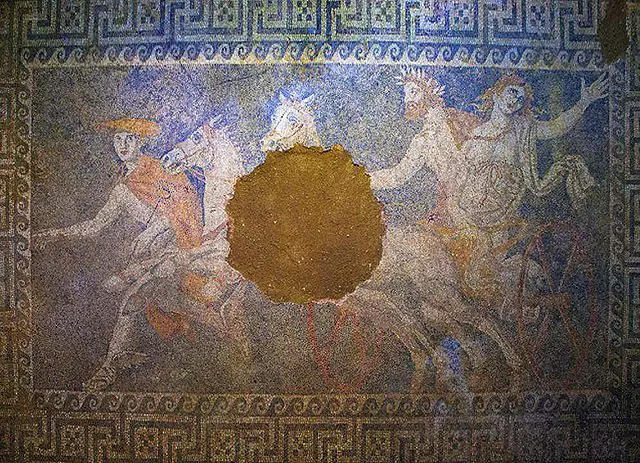| Born | 26th of December, 1791 |
| Died | 18th of October, 1871 |
| Famous Quote | “Errors using inadequate data are much less than those using no data at all.” |
| Known For | Inventing the world’s first modern computer |
| Region of World | England, 19th century |
| Further Reading | 3 Impacts From Ada Lovelace The Worlds First Computer Programmer |
The world’s first modern computer was created during the industrial revolutions by a man named Charles Babbage. This machine, which he called the Analytical Engine, established elements that can be found in all modern computers.
Charles Babbage in 1837 built the world’s first modern computer by designing a machine with 3 modules that all computers today have. These 3 elements are the arithmetic logic unit, control flow, and integrated memory.
These four distinctive modules are the reason that Charles Babbage’s Analytical Engine is considered today the world’s first computer. In this article I am going to go over each of these elements and how Charles Babbage forever changed the world by building them into one device.
Here at The History Ace I strive to publish the best history articles on the internet. If at the end you liked this article then consider subscribing to the free newsletter and sharing around the internet.
Without further ado, here is how Charles Babbage developed the world’s first computer.
Module #1: Arithmetic Logic Unit
One of the reasons that Charles Babbage developed the world’s first computer was that Babbage installed the world’s first arithmetic logic unit.
These arithmetic units are what gave the analytic engine the ability to perform advanced calculations based on user input. This arithmetic unit formed the basic building block for all CPUs/GPUs found in modern computers.
Babbage would install several of these units. Each one had a distinctive task and would convert user input into primitive code. The result of this was that this machine could perform extremely advanced calculations faster than even the most trained mathematician.
Charles Babbage himself an expert mathematician remarked on the importance of this unit. For Babbage the analytical unit was the secret tool that would give him the ability to perform even more advanced calculations faster.
This first of four modules, the analytic unit, is one of the reasons that Charles Babbage developed the world’s first computer. This module has significantly impacted the development of computers over the modern era, and all modern computers are based on its design.
Module #2: Control Flow
Another reason that Charles Babbage developed the world’s first computer was his creation of the world’s first control flow module.
A control flow module simply adds a series of events that the computer must execute in order. Now not only could Babbage’s machine perform advanced calculation through its arithmetic logic units, it could also do a series of them in a set order.
This was revolutionary. Before Babbage and his assistants would have to manually enter each calculation by hand. The inclusion of this control flow module into the world’s first computer gave Babbage the ability to tell his machine to perform entire calculations.
All modern computers today have a control flow module built into their system. Charles Babbage invented this almost two centuries ago well before the first IBM computer.
Charles Babbage would go on to use this control flow module to create the world’s first computer loop. In essence Babbage could have his analytic engine perform advanced calculation over and over again upon an ever changing set of data.
This means that what would take a mathematician a year to do Charles Babbage’s machine could do it a couple days. All modern computers have this loop feature built into them.
The impact of Charles Babbage upon the development of computers is immense. First, he created the analytic module and now he has included the control flow module. All modern computers use these two modules.
However, Babbage would improve upon this design by adding two more modules.
Module #3: Integrated Memory
Another reason that Charles Babbage developed the world’s first modern computer was his creation of an integrated memory module.
It was one thing to have the analytical machine perform advanced calculations in a user set order. It was something completely different to have that same machine have a built-in memory that could keep track of its own growing set of data.
All of this out of a 19th century device.
Charles Babbage created a machine that could remember the previous set of data while also computing the new set of data. This gave Charles Babbage’s Analytical Engine the ability to input the old data on top of the new data.
From this the Analytic Engine could go on to calculate several series of advanced calculations with each one improving upon the last.
All modern computers have this built-in memory module built first by Charles Babbage in the 19th century. Charles Babbage developed the world’s first modern computer.
Conclusion
There you have it, an entire article dedicated to how Charles Babbage developed the world’s first modern computer.
Charles Babbage would never be able to gather the funds necessary to build his advanced device. Babbage would constantly fight with his chief engineer over costs and influence in the construction of the device.
However Charles Babbage’s machine paved the way for the modern computer. All computers today have the 3 modules that Charles Babbage invented; the arithmetic, control flow, and memory. Because of this Charles Babbage developed the world’s first computer.
I hoped you enjoyed this article. Here at The History Ace I strive to publish the best history articles on the internet. If you liked this then consider subscribing to the free newsletter and sharing around the internet.
Further, you can check out some of the other articles below.


